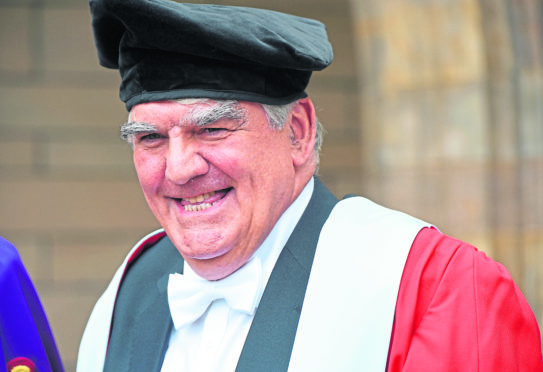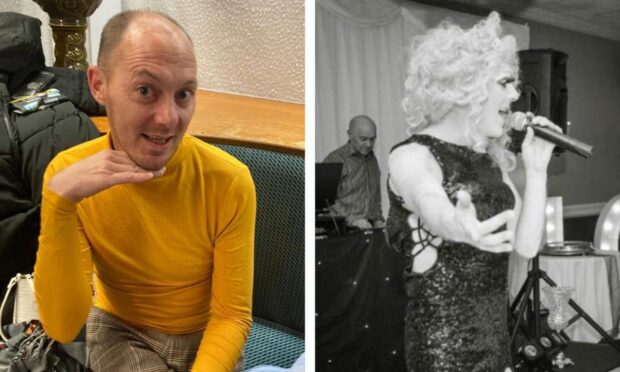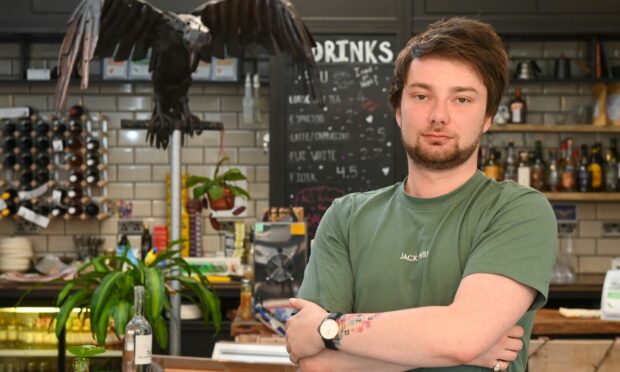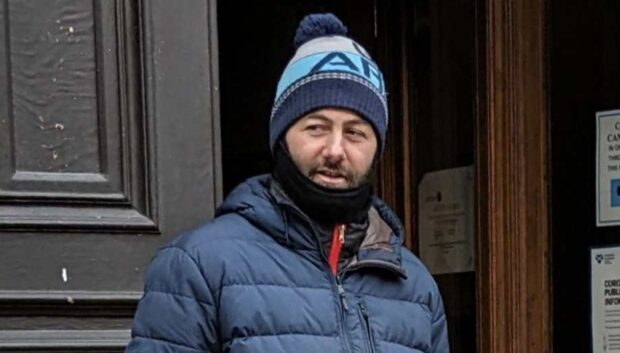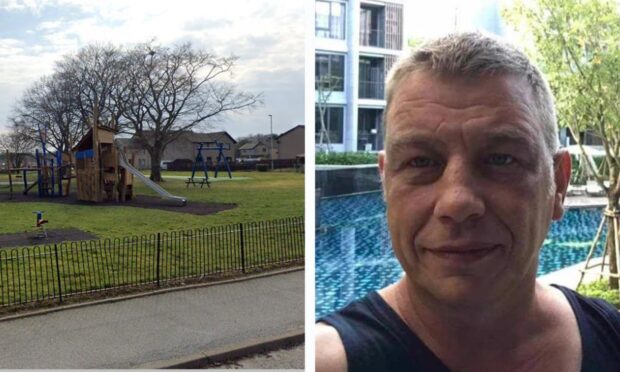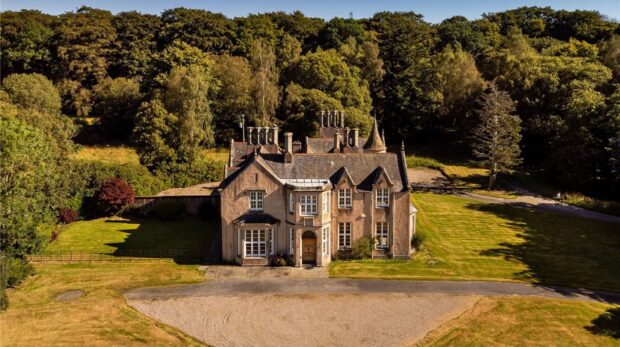The founder of First Group has called on the beleaguered company’s new leadership to keep its focus on serving local communities in Aberdeen – on the 30th anniversary of its landmark privatisation.
Sir Moir Lockhead appealed to the new blood in charge of the multi-million-pound company to remember its roots in order to forge ahead, just days after First Aberdeen was hit with a £50,000 fine for poor service.
It was 30 years ago yesterday that the then-general manager of Grampian Regional Transport (GRT) led the privatisation of the organisation under an employee stock ownership plan (ESOP).
He organised the monumental buyout with the rest of the group directors – and with the help of Arthur Bean and John Robb of the Transport and General Workers Union – on January 20, 1989.
Between then and 2011 when he retired, Sir Moir’s leadership transformed First Group into one of the UK’s biggest businesses, and it now employs around 100,000 people in both bus and rail sectors on both sides of the Atlantic.
The firm has been hit with a series of troubles recently but with the recently appointed chief executive Matthew Gregory, Sir Moir – who lives on his cattle farm in Aberdeenshire – said he now feels “encouraged” that the future could be bright for his life’s work.
The former chief executive of First Group outlined his hopes for the company days after it was hit with a £50,000 penalty for a “catalogue” of service failings by the Traffic Commissioner for Scotland last week.
First Aberdeen’s leadership faced tough questions from the public at the Town House meeting on Thursday afternoon, with residents raising serious concerns about the reliability, value and punctuality of local services.
But the north-east entrepreneur said the management will need to stick to its founding principles which made the transport firm a success.
>> Keep up to date with the latest news with The P&J newsletter
This includes listening to drivers, providing necessary services to local communities who need them, and keeping staff and safety at the heart of its decision making.
Sir Moir said: “30 years on, those principles haven’t changed.
“This company can and could be as good as it ever was.
“The fundamentals of the business still apply, and with the new opportunities provided with a new chief executive, the capacity to recover is very, very clear.
“They just need to have the courage and the clear focus to do it, and to get back to where it should be.
“In other words, the buses here in Aberdeen need to be run by the people here in Aberdeen, taking into account what the needs of the local community are.
“That applies to all the local communities First serves.”
A First Group spokesman said: “We are enormously proud of our heritage in Aberdeen.
“In the 30 years since Sir Moir led the privatisation of the city’s bus company, FirstGroup has grown to be a leading transport provider connecting communities across the UK and North America.
“A great many things have changed since those days, but one thing remains the same – we keep our customers at the heart of everything we do. By focusing on the needs of our local markets, our plans will drive further growth and create a stronger and more sustainable FirstGroup.”
Sir Moir said he believes Aberdeen should continue to be the heart of the “global company”, and called on the new leaders of the transport giant to reconsider its significant London presence, where it has corporate offices on the eighth floor of The Point.
He added: “I’m very hopeful that the new regime will overcome the difficulties of the past few years, and deliver for the local people they are there to serve.
“First is a global company. We were in the FTSE 100, and we ran it from King Street, right here in Aberdeen, and at the time all we had in London was an office in Paddington Station.
“I think there’s a real opportunity for the new team to make sure their businesses are run at local level, and don’t have a central structure that is so expensive that it takes away investment from local areas.”
The bus firm has faced its fair share of troubles, both at an international and local scale, in recent years. Last year, following a loss of £327 million in the previous year to March 31, chief executive Tim O’Toole left the company. And industrial action caused chaos for First bus services in Aberdeen, due to a union dispute over contract changes.
